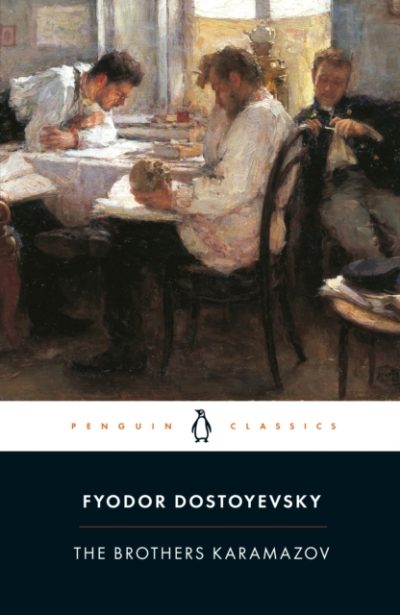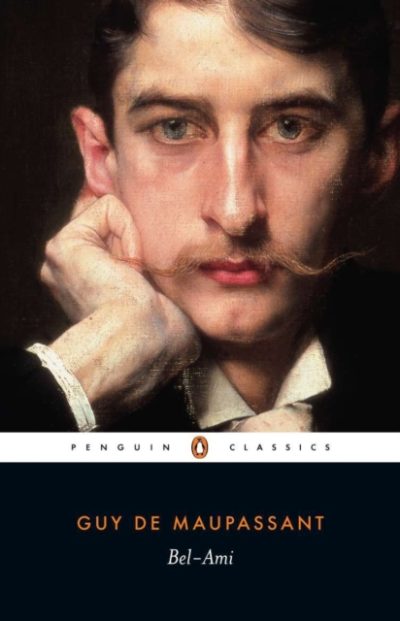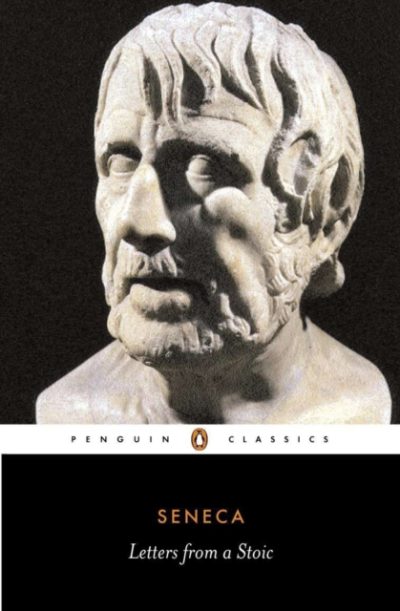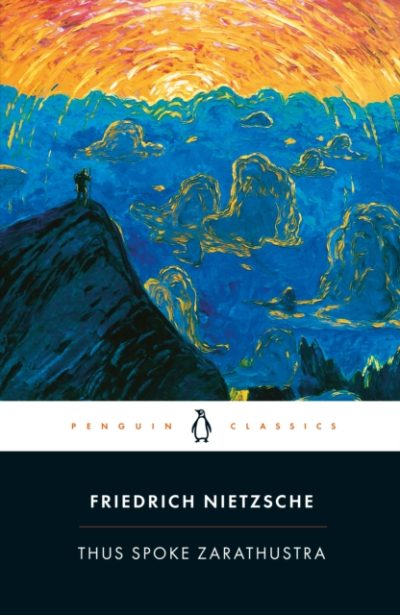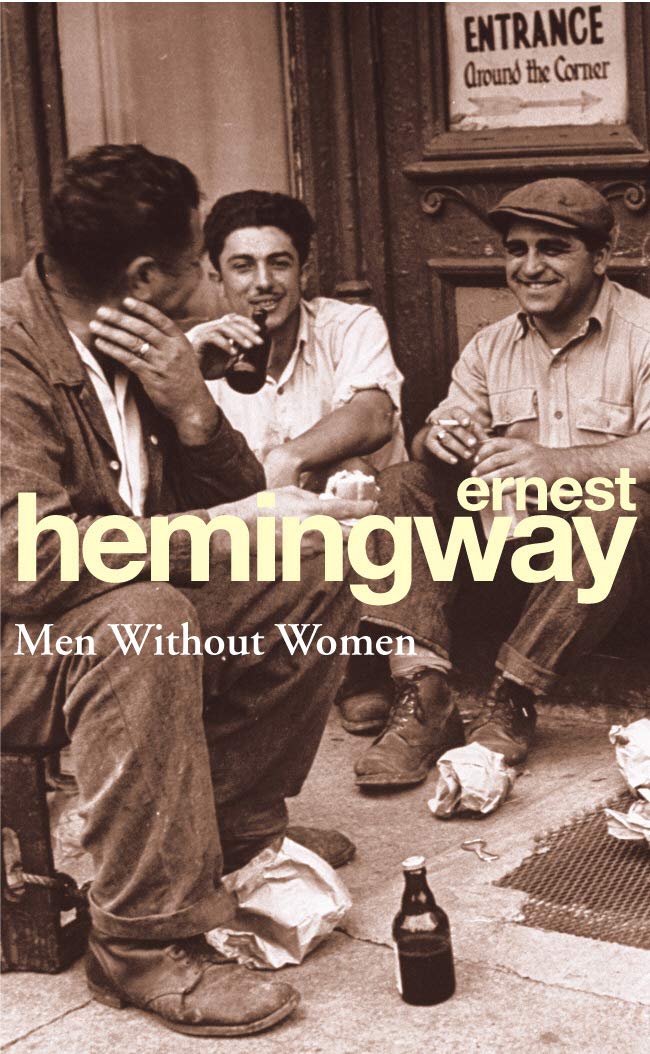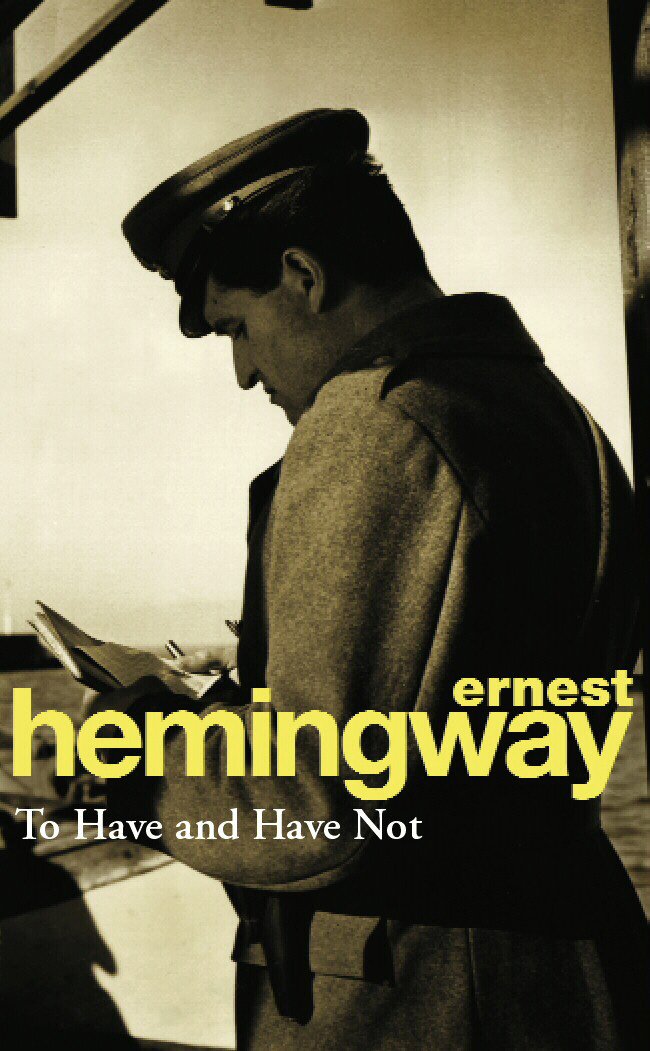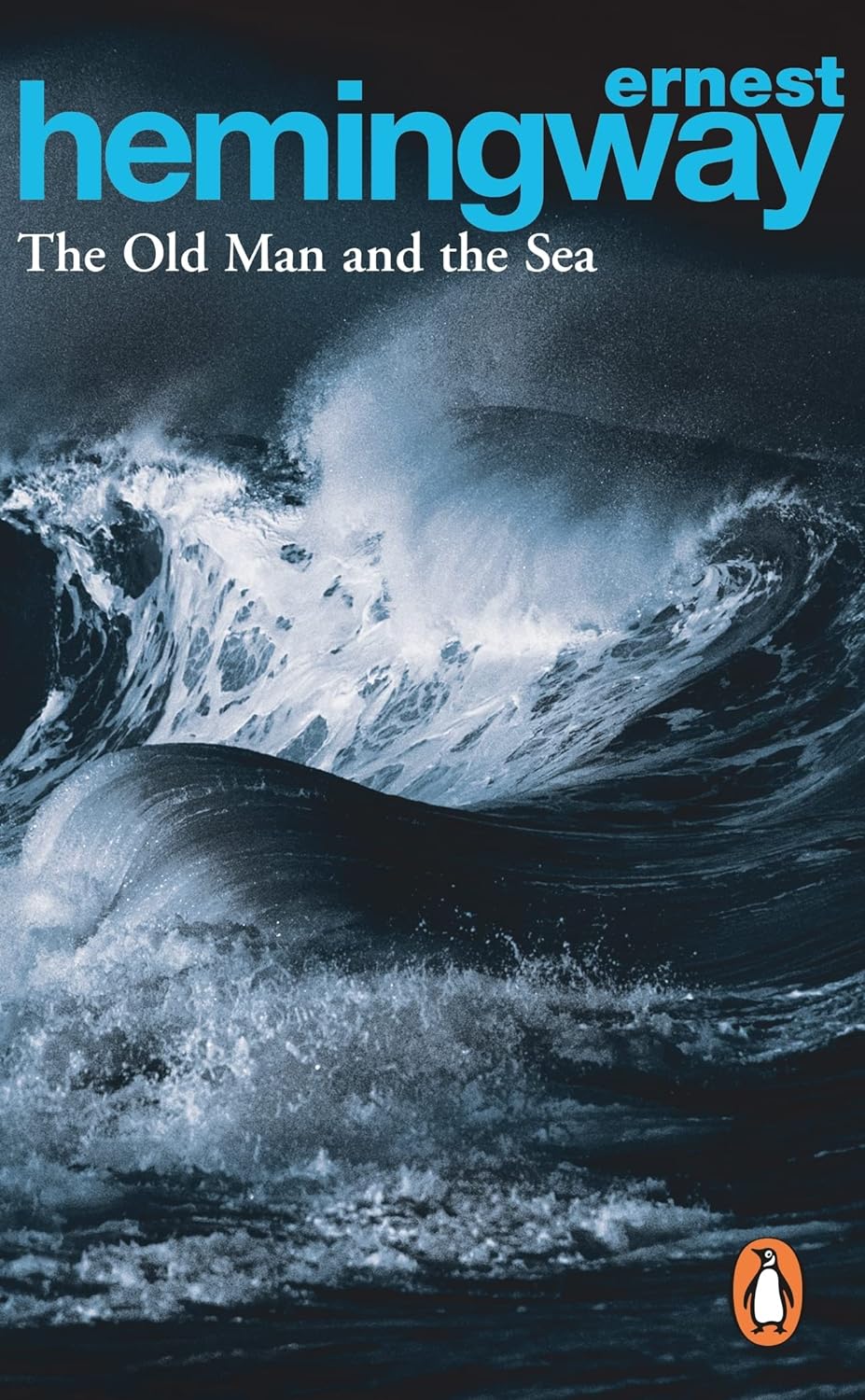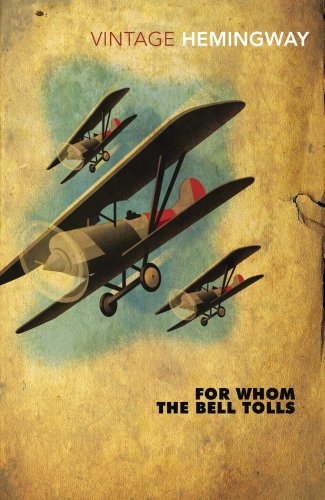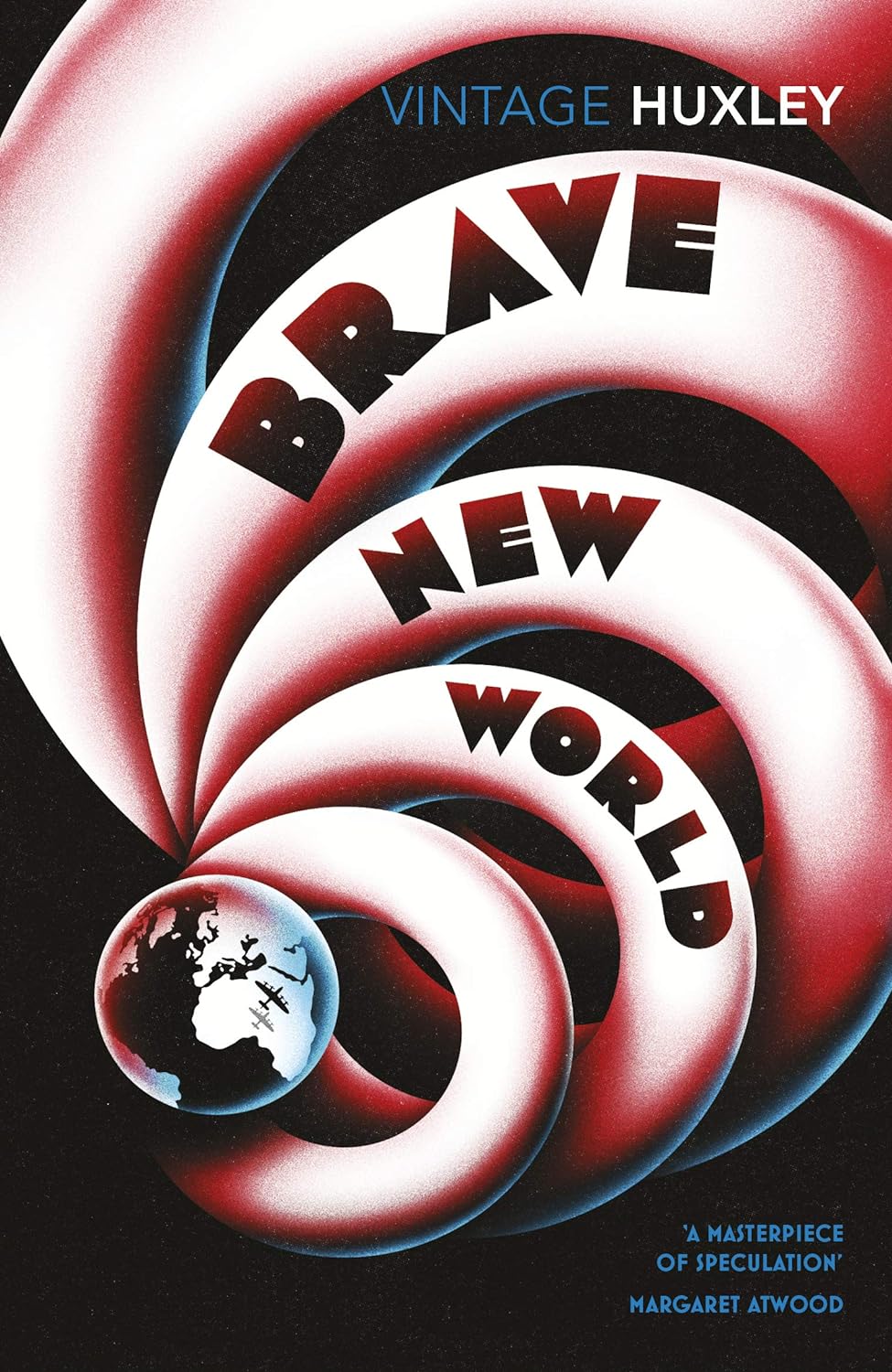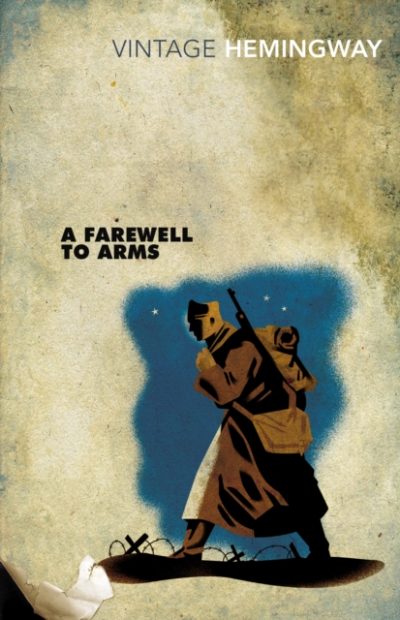-
(0 reviews)
Brothers Karamazov
1,650 LThe Brothers Karamazov is a murder mystery, a courtroom drama, and an exploration of erotic rivalry in a series of triangular love affairs involving the “wicked and sentimental” Fyodor Pavlovich Karamazov and his three sons―the impulsive and sensual Dmitri; the coldly rational Ivan; and the healthy, red-cheeked young …
-
(0 reviews)
The Divine Comedy
1,350 LThe plot of The Divine Comedy is simple: a man, generally assumed to be Dante himself, is miraculously enabled to undertake an ultramundane journey, which leads him to visit the souls in Hell, Purgatory, and Paradise.
-
(0 reviews)
Bel-Ami
1,650 LThe story chronicles journalist Georges Duroy’s corrupt rise to power from a poor former cavalry NCO in France’s African colonies, to one of the most successful men in Paris, most of which he achieves by manipulating a series of powerful, intelligent, and wealthy women.
-
(0 reviews)
Letters from a Stoic
1,500 LLetters From A Stoic is a collection of moral epistles famous Roman Stoic and philosopher Seneca sent to his friend Lucilius, in order to help him become less emotional, more disciplined, and find the good life.
-
(0 reviews)
Thus Spoke Zarathustra
1,600 LThus Spoke Zarathustra: A Book for All and None , also translated as Thus Spake Zarathustra, is a work of philosophical fiction written by German philosopher Friedrich Nietzsche. The protagonist is nominally the historical Zoroaster.
-
-
(0 reviews)
To Have and Have Not
1,400 LHarry Morgan was hard, the classic Hemingway hero, rum-running, gun-running and man-running from Cuba to the Florida Keys in the depression.
-
(0 reviews)
The Old Man and the Sea
1,350 LSet in the Gulf Stream off the coast of Havana, Hemingway’s magnificent fable is the story of an old man, a young boy and a giant fish
-
(0 reviews)
For Whom the Bell Tolls
1,500 LThe best fictional report of the Spanish Civil War that we possess’ Anthony Burgess
-
(0 reviews)
Brave new world
1,350 LAldous Huxley’s 1932 dystopian classic Brave New World predicts – with eerie clarity – a terrifying vision of the future, which feels ever closer to our own reality.
-
(0 reviews)
True at First Light
1,350 LWritten when Hemingway returned from his 1953 safari, and edited by his son Patrick, True At First Light is a rich blend of autobiography and fiction, a breathtaking final work from one of this century’s most beloved and important writers.
-
(0 reviews)
A Farewell to Arms
1,250 LThe plot of A Farewell to Arms follows the love affair of Frederic, an injured soldier, and Catherine, his nurse during World War I in Italy. Frederic Henry falls in love with Catherine Barkley as she tends to his wounds. Frederic is called back to the front where a botched retreat causes Frederic to have to desert.
-
(0 reviews)
The Prophet
500 L‘Let there be spaces in your togetherness, And let the winds of the heavens dance between you.’ Described by many as the first self-help book, The Prophet was an instant bestseller when it was published in 1923, and is one of the most translated works in history.
-
(0 reviews)
The Raven and Other Selected Poems
500 L“The Raven” is by far Poe’s best-known poem and it is one of more than forty to be found in The Raven and Other Poems, a volume that collects the best of Poe’s exercises in verse. Here, readers are treated to such masterpieces as “Annabel Lee,” “The Haunted Palace,” “The Conqueror Worm,” “The City in the Sea,” “Lenore,” and many more. These poems are imbued with the somber seriousness that we associate with Poe’s macabre fiction, but also with his marvelous appraisals of the mysteries of our and other worlds, and his fervent belief in undying love.
-
(0 reviews)
The Happy Prince and Other Stories
500 LIn a town full of suffering poor people, a swallow who was left behind after his flock flew off to Egypt for the winter meets the statue of the late “Happy Prince”, who in reality has never experienced true sorrow, for he lived in a palace where sorrow was not allowed to enter.
-
(0 reviews)
To the Lighthouse
500 LA landmark of high modernism and the most autobiographical of Virginia Woolf’s novels, To the Lighthouse explores themes of loss, class structure and the question of perception, in a hauntingly beautiful memorial to the lost but not forgotten.
Sign in


